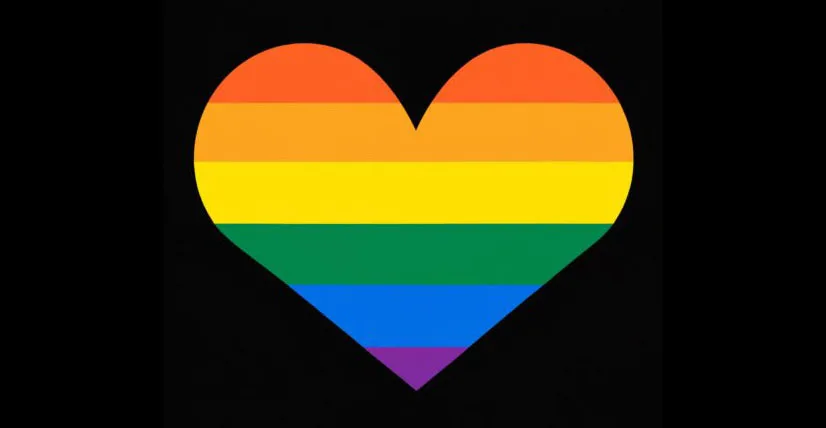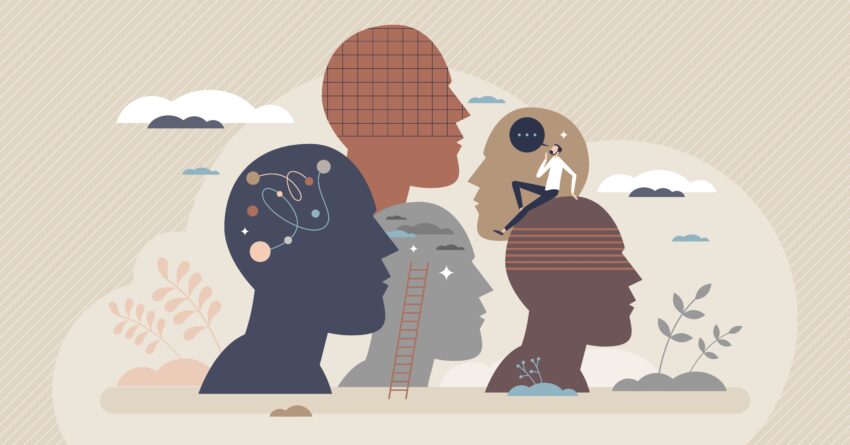Mindfulness During a Pandemic
August 5, 2020

Since the novel coronavirus first hit New York City, I’ve been thinking a lot more about mindfulness, both in sessions with my clients and on a personal level.
Practicing mindfulness involves purposely paying attention to the present moment experience, with curiosity instead of judgment. This mental state of focus, curiosity, and nonjudgement makes it possible for us to accept what is – what we can control and what we cannot. Acceptance paves the way for us to concentrate on what we need in any given moment, and it brings us closer to peace. We can practice mindfulness formally through meditation or informally by simply adjusting our mindset during the flow of daily life. Amid the current global health crisis and recent social uprising for racial justice, so many of us are seeking peace within the chaos. Mindfulness seems to be the best way to address the sense of helplessness we are experiencing.
Mindfulness in Today’s Therapy Sessions
Many therapy sessions with my clients have included brief meditations, which help us quiet the extra noise in our heads and remember what we want to get out of therapy. In psychotherapy, the focus, curiosity, and non-judgment of mindfulness help us explore our thinking and feeling patterns without criticism. With anxiety and hopelessness on the rise, my clients and I have been mindfully reflecting on whether the stories in our minds are based on fact or fiction. We have also been spending time discussing gratitude despite today’s tragedies and horrors, because mindfulness allows us to accept what is still good in the world.
A Therapist Writes Mindfully
One evening last week, I became aware that my mind kept wandering to thoughts of my own social isolation. I noticed that I would think about something that was painful and then quickly try to distract myself with a more uplifting thought. The distraction method only helped temporarily, as my mind continued to focus on my own loneliness and social deprivation. So, I decided to sit down and journal about my social isolation, with curiosity and without judgement. In this way, I was journaling mindfully. After writing and then reading over my writing for about an hour, I felt better: more clarity about what I can and cannot control, more compassion toward the parts of me that were hurting, and more hopeful with my new plans to increase my connection to others.
Get Curious about Getting Curious
I encourage you to try on a mindful attitude when you are feeling especially fearful or hopeless one of these days. Maybe you want to take it a step further and try a mindful meditation: find a quiet place to sit for a few minutes, give yourself permission to let go of judgement about yourself, your life, or doing the meditation the right way, and focus with curiosity on a present moment experience – your breath, your body’s sensations, or a peaceful thought of your choice. As your mind wanders from the meditation or mindful way of thinking (and it will, over and over again), congratulate yourself for noticing and, without judgment, gently invite your attention back to your chosen point of focus. See how it feels to focus on the present moment with objectivity. Get curious about getting curious. I wish you many moments of peace.
If you would like to learn more about how to practice mindfulness, we welcome you to contact us at Steady NYC.


